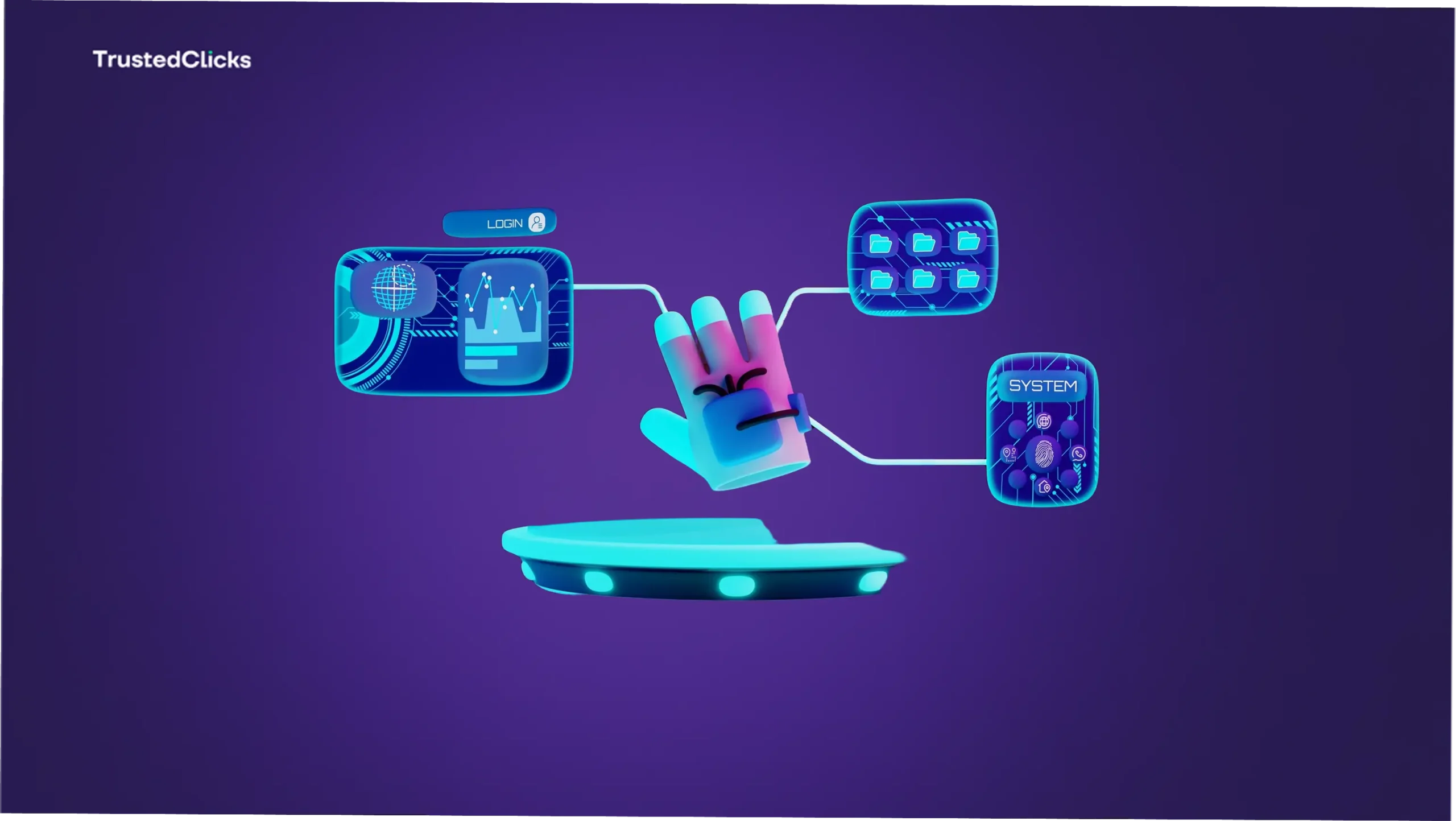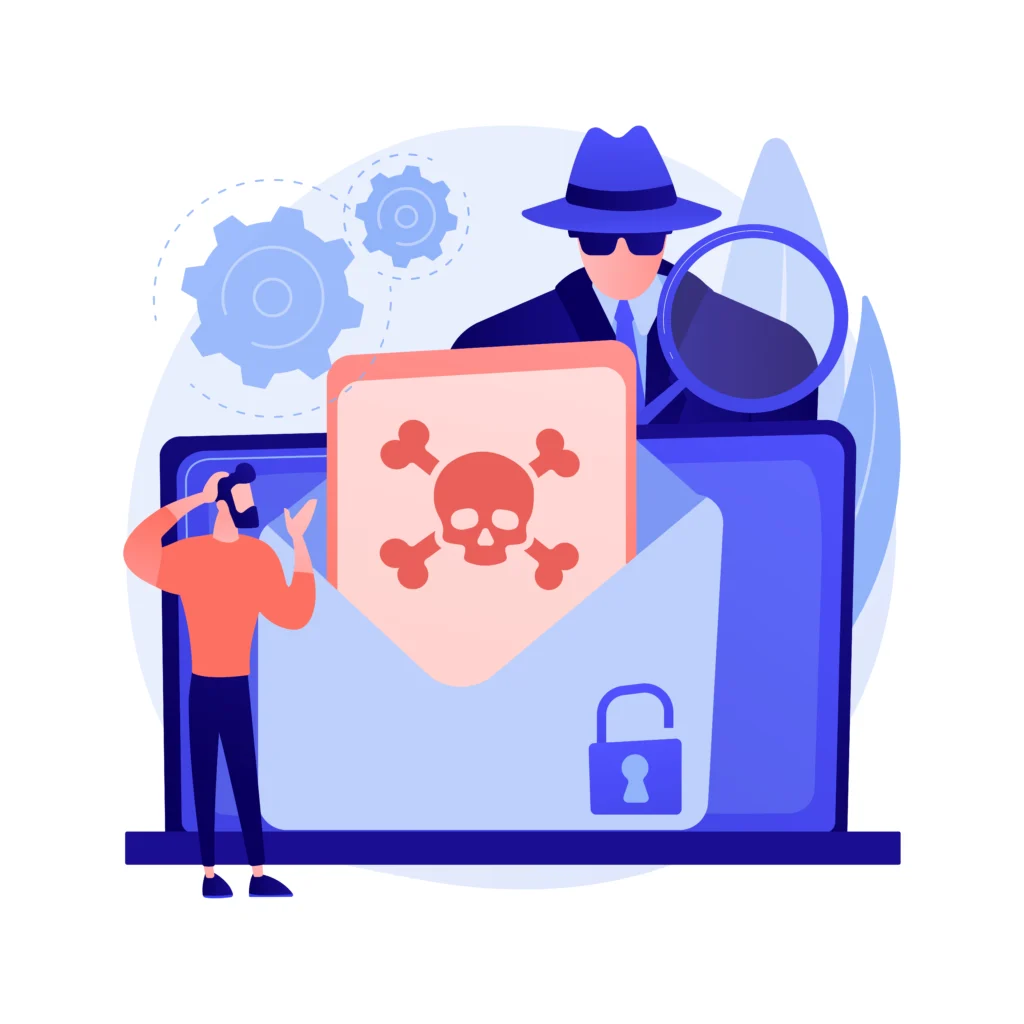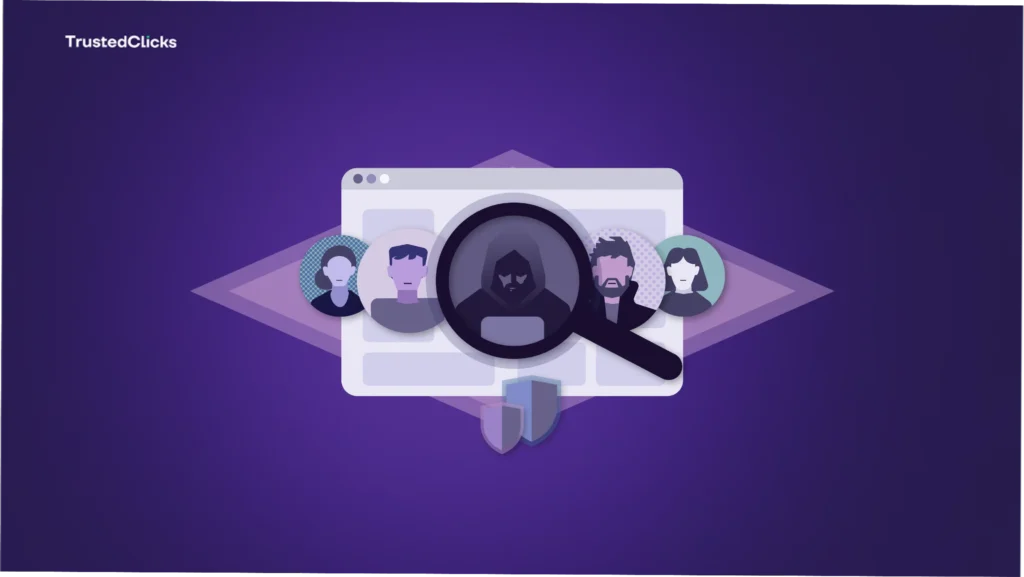- Website security
The IP Check Chronicles to Uncover Risks Lurking in Your Network


What’s an IP Check, Anyway?
Let’s start with the basics. An IP address (short for Internet Protocol address) is like the mailing address of your device on the internet. Whether it’s your laptop, phone, or even that smart fridge you’ve been eyeing, every gadget that connects to the web gets one. But just like a real-world address can attract unwanted visitors, your IP can draw in digital troublemakers—think hackers, bots, or fraudsters.
An IP check is the process of analyzing that address to uncover critical details: Where’s it coming from? Is it trustworthy? Does it have a shady past? Think of it as a background check for your network’s visitors. It’s not just about curiosity; it’s about survival in a world where cyber threats evolve faster than you can say “firewall.”
The Hidden Dangers in Plain Sight

You might be wondering, “Why should I care about my IP address?” Fair question. Most of us don’t think twice about it—until something goes wrong. But here’s the reality: your network is a bustling hub of activity, and not all of it is friendly. Let’s break down some of the risks that an IP check can help you spot.
1. The Bot Invasion
Bots are the silent infiltrators of the internet. They can flood your website with fake traffic, skew your analytics, or even launch a full-on attack to bring your systems down. Some bots are harmless, like search engine crawlers, but others? They’re the digital equivalent of termites gnawing at your foundation. By analyzing IP addresses, you can distinguish the good bots from the bad and slam the door on the troublemakers.
2. Fraudsters at the Gate
Imagine this: someone’s clicking on your online ads, racking up costs, but they’re not real customers—they’re just draining your budget. That’s click fraud, and it’s a multi-billion-dollar problem. Fraudsters often hide behind shady IP addresses, using proxies or VPNs to mask their tracks. An IP check can flag these suspicious sources, saving you money and frustration.
3. The Proxy Problem
Some IP addresses have a history—and not the good kind. They’ve been linked to spam, malware distribution, or hacking attempts. These “bad actors” roam the internet like digital outlaws, and if they show up at your network’s doorstep, you’ll want to know. Checking an IP’s reputation can reveal its past sins and help you decide whether to block it outright.
Your proxy might be meddling with your traffic in ways it shouldn’t.
Check Your IP for Risks with Pixelscan
Before trusting your network security, it’s essential to verify whether your IP address raises any red flags. Pixelscan is a quick and effective tool for checking if your IP is flagged for suspicious activity. Here’s how to use it:
- Visit Pixelscan – Open Pixelscan.net in your browser.
- Run the scan – The tool will automatically analyze your IP address and browser fingerprint.
- View the results.
- Review geolocation accuracy – Ensure that your displayed IP location aligns with your expected location.
- Take action – If your IP is flagged, consider switching to a secure VPN or a reputable proxy provider to improve your security.
4. Malicious IPs with a Rap Sheet
RazorGator is another ticket resale platform that specializes in hard-to-find tickets for high-demand events. It offers a 100% buyer guarantee and transparent pricing, which can help prevent surprises at checkout.
- Pros: Great for finding tickets to sold-out events, 100% buyer guarantee.
- Cons: Higher prices for high-demand tickets.
How to Run Your Own IP Check
Now that we’ve established the stakes, let’s talk about taking action. Running an IP check doesn’t require a PhD in cybersecurity—though a little curiosity and the right tools go a long way. Here’s a step-by-step guide to uncovering risks in your network:
Step 1: Gather Your IPs
First, identify the IP addresses interacting with your network. If you’re a website owner, your server logs are a goldmine—every visitor leaves an IP footprint. For personal use, you can check your own IP via sites like WhatIsMyIP.com or even your router’s admin panel.
Step 2: Use the Right Tools
There’s no shortage of tools to analyze IPs.Many services can tell you an IP’s geolocation, reputation, and whether it’s tied to shady activity. Some even offer APIs if you’re tech-savvy enough to automate the process. For a quick manual check, paste the IP into a lookup tool and watch the data roll in.
Step 3: Decode the Clues
What should you look for? Start with geolocation—does the IP’s origin match what you’d expect? A visitor from halfway across the world might raise eyebrows if your audience is local. Next, check its reputation. Has it been flagged for spam or attacks? Finally, look for signs of proxies or VPNs—some tools can detect if an IP is hiding behind a mask.
Real-Life Tales from the IP Check Chronicles
Let’s bring this to life with a couple of stories—because nothing drives a point home like a good yarn.
The Case of the Phantom Clicks
Sarah ran a small e-commerce store and poured her budget into online ads. But her conversion rates were abysmal. Suspicious, she dug into her traffic logs and ran an IP check on the flood of clicks. Turns out, half were coming from a single IP range in a country she didn’t even ship to—classic click fraud. She blocked the culprits, adjusted her ad targeting, and watched her profits climb. Lesson? A little IP sleuthing can save your bottom line.
The Bot That Wouldn’t Quit
Then there’s Mike, a blogger whose site kept crashing. His hosting provider blamed “high traffic,” but something felt off. An IP check revealed a barrage of requests from a handful of IPs with sketchy reputations—bots testing his defenses. He set up a simple bot filter, and the attacks stopped cold. Sometimes, the smallest tweak can turn the tide.
Why IP Checks Are Your Network’s Best Friend
In a perfect world, every IP knocking on your digital door would be a friendly face. But we don’t live in that world. Cyber threats are relentless, and ignorance isn’t bliss—it’s a liability. Regularly checking IPs interacting with your network gives you a front-row seat to what’s really going on. It’s proactive, not paranoid.
Plus, it’s not just about defense. Marketers use IP data to refine campaigns, developers use it to troubleshoot, and even gamers use it to ban cheaters. The humble IP check is a Swiss Army knife in the digital age.
The Future of IP Vigilance
As we hurtle toward a more connected future—think IoT devices, 5G, and beyond—IP addresses will only grow in importance. IPv6, with its near-infinite address pool, is already changing the game. But with more IPs comes more opportunities for mischief. The tools and techniques for checking them will evolve too, powered by AI and real-time analytics. Staying ahead means staying informed.
Frequently Asked Questions About IP Check
What is an IP Address?
An IP address uniquely identifies a device on the internet or within a local network. “IP” stands for “Internet Protocol,” a set of guidelines that define the format and transmission of data across networks. This address allows devices to communicate and exchange information efficiently, ensuring proper data routing and connectivity. IP addresses serve multiple crucial functions in modern networking. They help identify both the network and the specific device within that network, enable geographical location tracking, and facilitate network segmentation. Organizations rely on IP addresses to control access to resources and implement robust security policies. The applications of IP addresses are vast and varied. They’re fundamental to web hosting and server identification, enabling remote access and VPN services. Network administrators use them for troubleshooting and diagnostics, while businesses rely on them for geolocation services and content delivery. They’re also crucial for security and access management across digital platforms.
Is it illegal to check others IP addresses?
Checking someone else’s IP address is not inherently illegal, but it can depend on the context and how the information is used. For instance, viewing the IP addresses of users on your own website or network is generally permissible, as it helps with security and traffic management. Tracing an IP address is legal, provided it’s not used for criminal activities. The websites you visit, the apps you use, and your ISP all collect your IP address along with other personal information. TrustedClicks leverages IP tracking for legitimate purposes, such as calculating IP fraud scores. This process helps identify suspicious or fraudulent activity by assessing factors like location and behavior patterns, ensuring a secure and reliable environment for online interactions without violating privacy laws.
How to check location through IP address?
To determine the location associated with an IP address, information is gathered from various Geo IP data providers. You just need to input the IP address, and the tool will show the corresponding location. TrustedClicks provides free location tracking for any specified IP address, quickly retrieving details such as the city, country, by utilizing multiple Geo IP databases. This fast and user-friendly tool is commonly used for monitoring online activity, detecting fraud, and improving website security by pinpointing the geographical source of a visitor.
Wrapping Up the Chronicles
Table of Contents
Join our community!
Subscribe to our newsletter for the latest updates, exclusive content, and more. Don’t miss out—sign up today!
Recent Posts

Is Your Online Traffic Friend or Foe?
- 8 mins read

The Human Factor: How User Behavior Shapes IP Reputation Over Time
- 6 mins read

Fraud Detection: The Art of Catching Crooks in a Digital World
- 8 mins read



